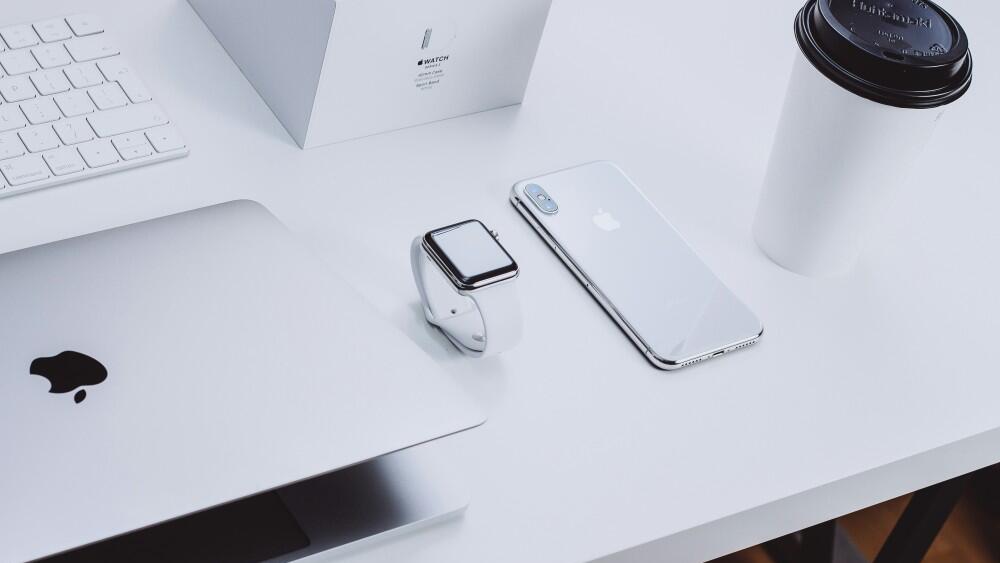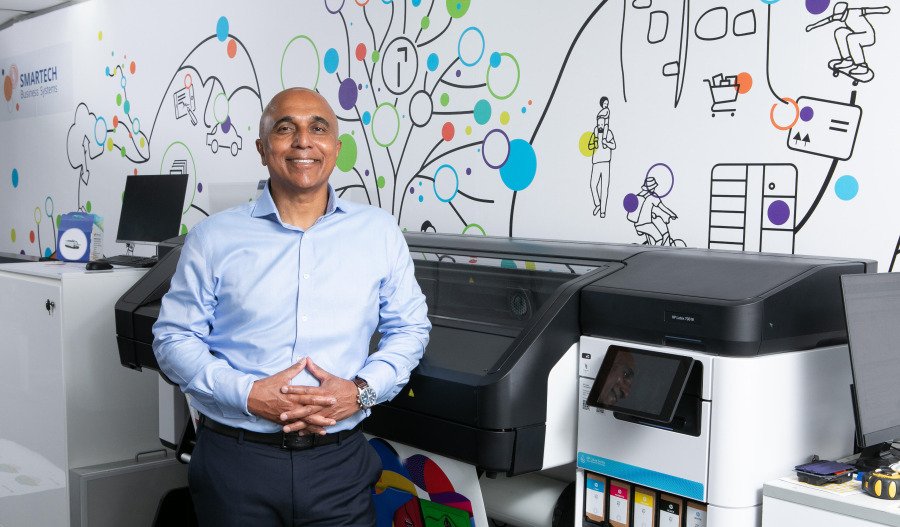Carrying a wallet and keys, queuing at the supermarket and forgetting passwords could be a thing of the past with new mobile technology, according to new research from the Australian Mobile Telecommunications Association (AMTA).
A new report titled Future of Mobile: A Day in the Life shows how a new wave of technology could be embedded into every aspect of our day to day lives within five years and eliminate many hassles Australians have come to accept.
From foldable, rollable iPads to artificial intelligence (AI) that can pick up health concerns before they begin, the future-casting commissioned by AMTA from Deloitte shows mobile technology will become even more essential for connected Australians.
The research suggests that paying with digital wallets and wearables will become the norm by 2030, with cash use already down to 10% and that Aussies will no longer need to remember passwords due to new secure passkeys and biometrics.
It also found that by 2030, digital alternatives will mean Australians will no longer need to carry house or car keys, queue unnecessarily or worry about dead batteries.
AMTA CEO Louise Hyland said the new technologies would reshape how most Australians live and work.
“Mobile infrastructure already quietly powers so much of what we do - from staying in touch with our loved ones to connecting patients in regional Australia with world-class healthcare,” she said.
“This technology isn’t just changing lives, it’s changing industries. Mobility and connectivity are superpowers in sectors like construction, health, and elite sport.”
Hyland said the report shoed how much people rely on mobile connectivity and how it would shape the future.
“Even now, more than 95 per cent of Australians own a mobile phone, 76 per cent own a laptop, 61 per cent a tablet and 44 per cent a wearable device,” she said.
AMTA predicts some of the most popular technology used by 2030 will include 5G and very early 6G smartphones, foldable and rollable devices, mobile health monitoring, wearable extensions, super-apps and AI integration and more.
Industries that will be most impacted include healthcare, where the global healthcare virtual assistants market had increased by 45% in 2024, sport, as 82% of fans already used their phones to keep up to date on games, and construction, where 5G networks could support one million devices per square kilometre.



